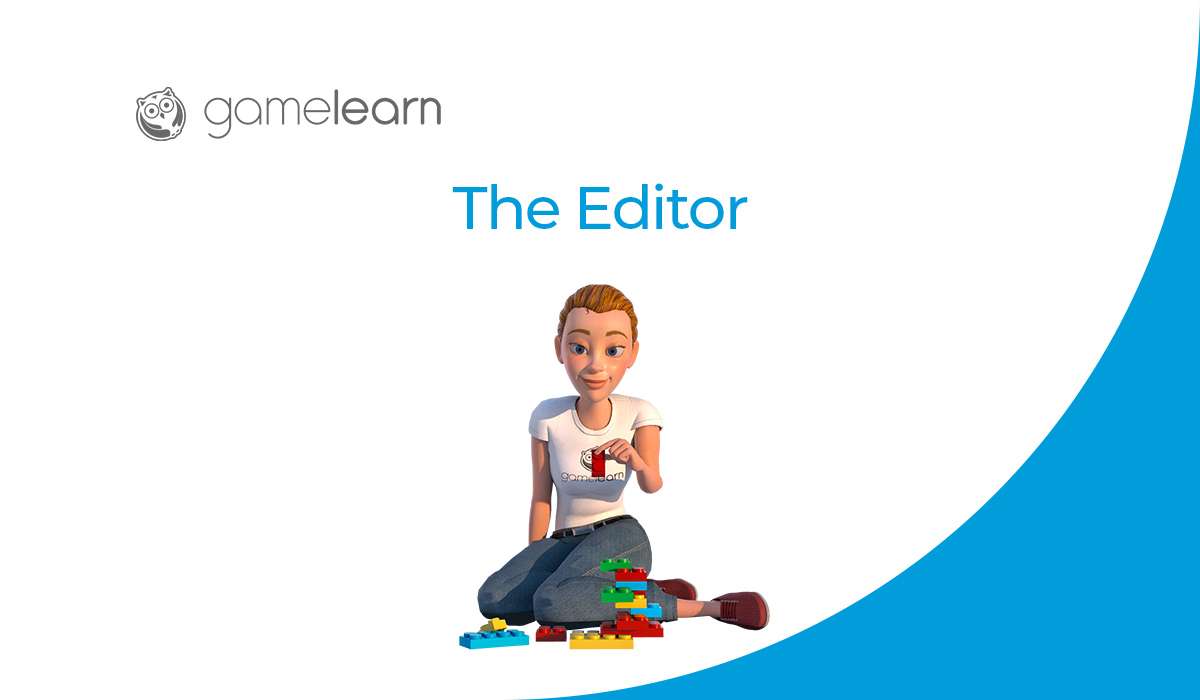In order to reach an agreement during a negotiation and make it a satisfactory one for both parties, it is important to control your emotions. If you have emotional control, it will be easier to lead the negotiation towards the goal.
Emotional intelligence is a key skill to have when leading a negotiation. What traits does it imply?
- Self-confidence: knowing what our strengths and limitations are.
- Balance: knowing our internal emotions, what calms us down and what makes us angry.
- Resilience: accepting adverse circumstances, knowing how to stay calm even under pressure.
- Self-motivation: knowing how to find the stimuli that bring out the best of us.
- Empathy: being able to “walk in other people’s shoes”.
- Ability to listen: knowing how the other side thinks, understanding their interests.
- Social skills.
- Communicative skills.
- Ability to work in a team.
You may have previously taken part in a negotiation in which, no matter what the negotiation style or technique adopted, the emotional state was always the decisive factor. Now, how to control emotions? Can you learn to do that? The answer is yes, you can.
To reach an agreement with the other party you will need time and effort to understand the needs on the other side of the table. You must never lose sight of your interests, but listening to what your interlocutor is saying will help you understand what they are asking for, and it will allow you to control the situation. Pay attention to get the information you need to negotiate.
On the other hand, you must consider not only the why, but also the how. Are they taking a pressure stance, or are they interacting in a relaxed manner? All the information you get will serve you as clues to find out what positions and interests the other party has, and you will better control your emotions, which can in turn have influence on the process.
The nervousness or impatience shown by others is important as it will let you know when the others want you to make a move quickly. If reaching an agreement is urgent to them, you will be in an advantageous position to reach a satisfactory result.
On the contrary, if it is you who need to reach a quick agreement, you will have to learn to control your impatience, trying for example not to express any sign of anxiety or irritation. If you show desperation, you will have uncovered your emotions and the other party could use that in their favor. It is not about showing a cold or indifferent attitude, but about handling the situation while maintaining a continuous control over our emotions.
Taking notes during the negotiation is also an efficient way to help you keep a good control of the entire process, including your own emotions. Having notes at hand and not relying solely on your memory –no matter how good it is, it can fail– will give you the opportunity to master your mood, something vital to leading negotiations towards the goal.
It is important to take notes during the interaction with the other party, but it is just as important to keep those notes well organized so they will really be effective. You can also add there some basic guidelines on the subject to be dealt with (eg dates, history, etc.). You will need to get information beforehand and have your notes within your reach at all times during the process.
You may also like: How to prepare a win-win negotiation by getting the most important information from the other party
If the negotiation stretches on (they may last several days or weeks), it will be important to stop from time to time and have a look at how things are going. It is recommendable to do this together with the other party. During this process you will also have to keep control of your emotions, and make sure the process is moving forward and not backwards by “reviewing” the same issues again and again. A written summary every 3 or 4 meetings in which the agreements reached are outlined can be useful for both parties.
If nobody is opposed to these conclusions, then the negotiation process will continue. If, on the contrary, someone is reluctant to accept any of the terms, it will serve to clarify the problematic issues as quickly as possible.
How can all of this affect the control of your emotions? The key is to master the negotiation process thanks to the management of information; that will help you be in a position to close the agreement you want to reach. Taking control is easy by following these tips.
What are your tips to keep your emotions under control?












